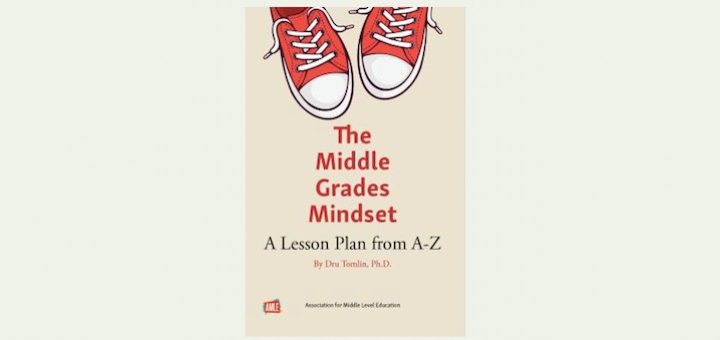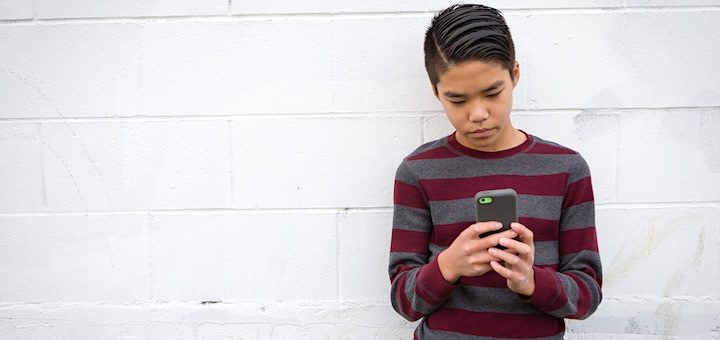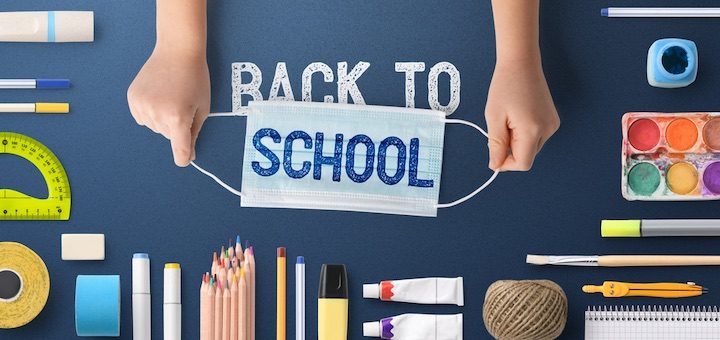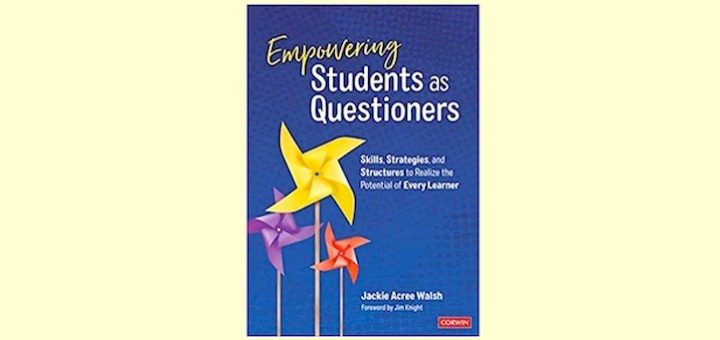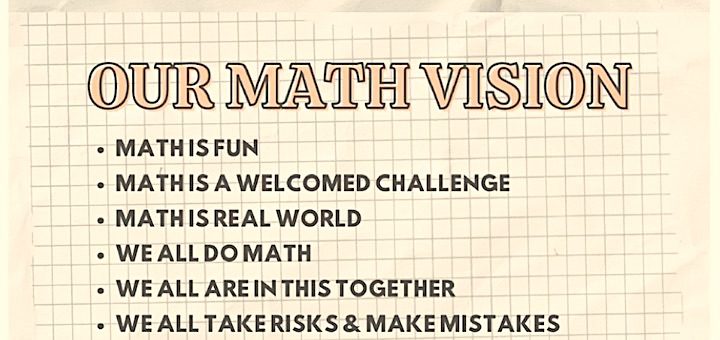Teaching and learning in grades 4-8
The Emmy Awards continue to be a rich source of teaching ideas for educators who have an interest in media, television and film literacy. Expert Frank Baker’s latest edition of his annual Emmys column offers background perspective, teaching ideas and additional resources.
Ever met a student who thrives when we are with them during reading instruction but struggles during independent reading? Meghan Duermit and Sunday Cummins recommend simple strategies like quick book talks to build a bridge to the wilder world of reading on one’s own.
By linking bite-sized birthday bios and quirky facts to the daily calendar, Anne Anderson shows how we can engage minds, encourage dreams and capture curiosity. Have fun with your students while reinforcing skills and vocabulary and sharing a bit of learning they’ll love.
In “The Middle Grades Mindset: A Lesson Plan from A–Z,” Dru Tomlin draws on his success as a principal and teacher leader to share an insightful, easy-to-read reference guide to adolescent learning. Middle level master teacher Cheryl Mizerny feels renewed after reading it.
Using Historical Hypotheses, teachers never tell students what to think but instead “how to better think for themselves.” When students evaluate their own initial hypothesis and closely consider multiple viewpoints, they begin to develop a growth mindset, writes Jennifer Ingold.
Children are suffering more anxiety and depression, which many researchers attribute to overuse and misuse of personal devices and social media, writes author-educator Debbie Silver. Our response needs to focus not on scolding but on helping students become self-regulating.
Twenty years after the 9/11 attacks, it’s essential to teach students about the lives lost, the heroes who helped, and the Islamophobia that followed. To examine 9/11’s legacy and impact, middle grades teacher Kasey Short recommends key online resources and four YA novels.
With the school year starting so differently from what everyone had hoped, AP DeAnna Miller recounts the challenges her district is facing, including pushback on the decision to require masks. She admires the commitment of educators to support kids’ learning, no matter what.
Empowering Students as Questioners by Jackie Acree Walsh provides teachers with the skills, strategies and structures to help every student become an effective questioner, a deeper thinker, and a more self-assured learner, writes education consultant Helene Alalouf.
Math class brings certain challenges and requires special attention when forming a community, writes middle grades teacher Mona Iehl. “Many of my students come with negative math experiences and associations. My goal is that each student feels a sense of safety and belonging.”




